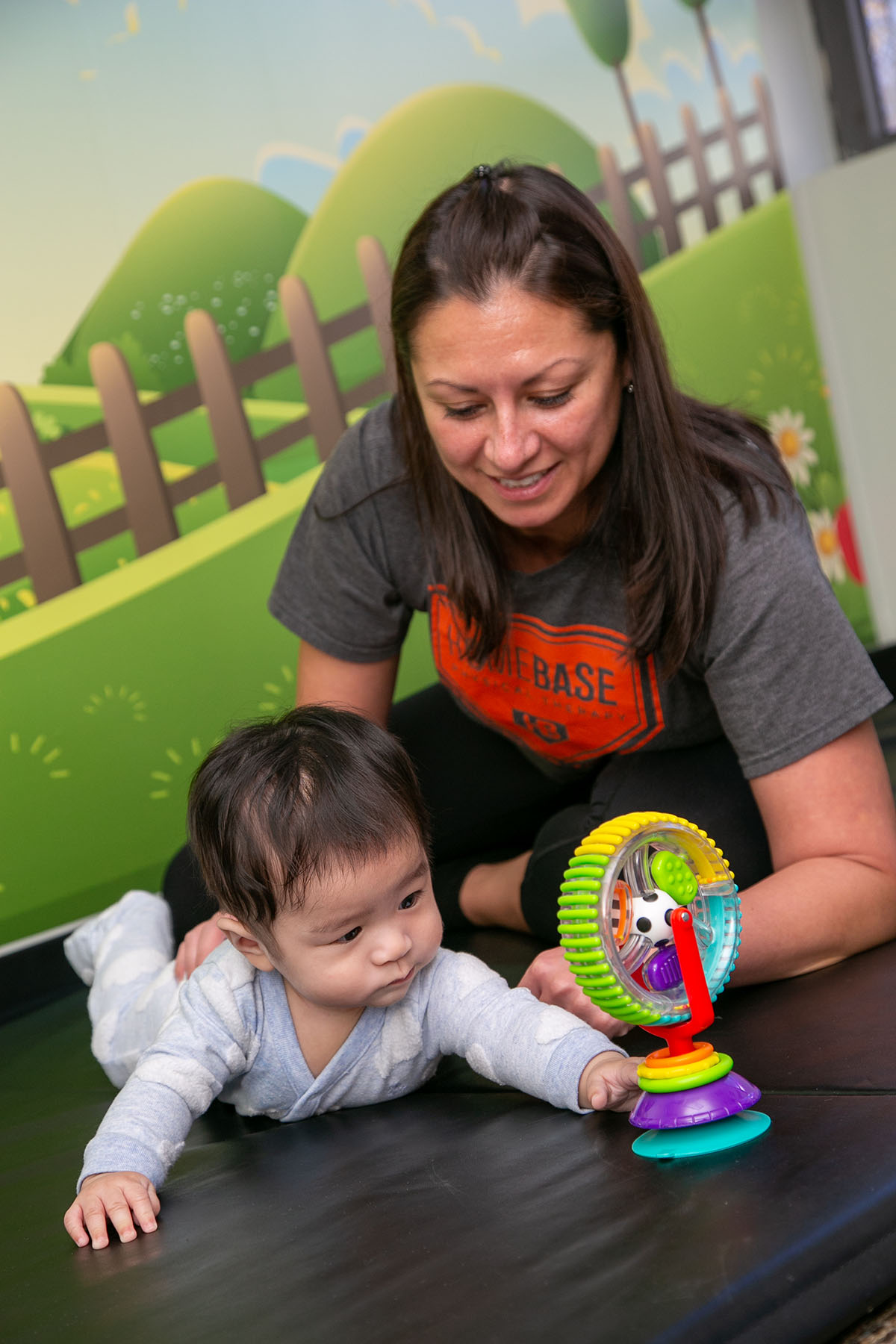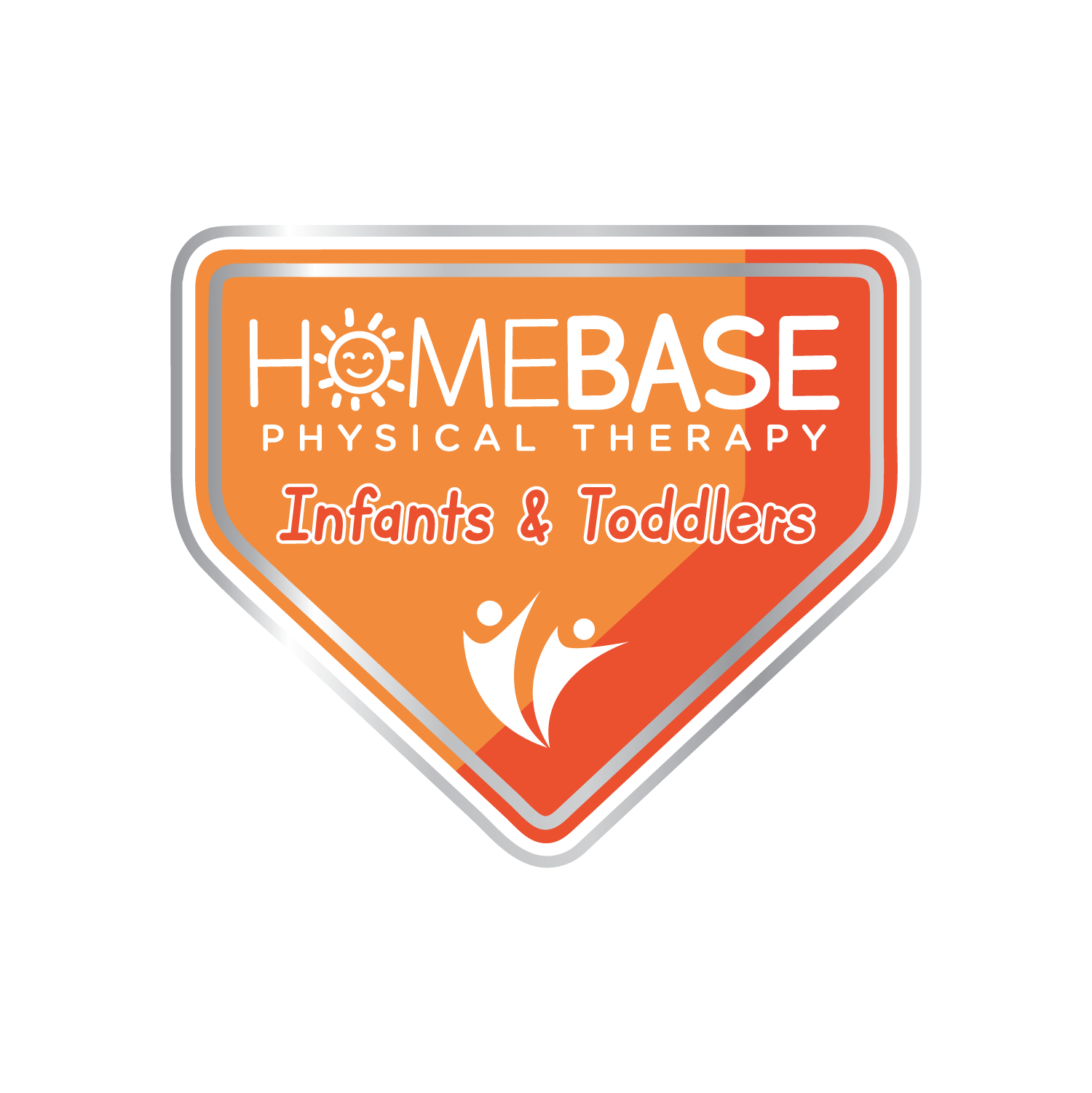HYPOTONIA
At Home Base Physical Therapy in Greater Morristown, NJ our physical therapists specialize in treating pediatrics. More specifically, they specialize in treating conditions related to infants and toddlers.
Hypotonia is one of these conditions. If you are worried about the potential of your child having Hypotonia, call 973.936.8566 or click here to schedule an appointment today.
What is Hypotonia?
Hypotonia, also known as, “floppy infant syndrome” or “rag doll syndrome” is a condition of low or decreased muscle tone.
Hypotonia is a common condition treated here at Home Base Physical Therapy.
Hypotonia is one of the most common motor disorders presented in newborns. Many times, hypotonia is diagnosed minutes after birth, while doctors perform a test called an APGAR score. This test goes over the child’s Appearance, Pulse, Grimace, Activity and Respiration. However, if not caught at birth, a typical case of hypotonia can be diagnosed by a child’s 1st birthday.
Hypotonia is usually paired with another underlying condition. Some common conditions paired with hypotonia include Down’s Syndrome, Prader- Willi Syndrome, Muscular Dystrophy and Tay- Sacs Disease. However, other events that can create hypotonia could be damage to the brain, spine or nerves, as well as environmental factors and/or genetic conditions.

Signs, Symptoms & Treatment
Hypotonia can be presented with many different signs and symptoms. These can include, but not limited to, problems with mobility and posture, speech delays, respiratory problems, ligament or joint laxity and poor reflexes. If any of these symptoms are presented it is important that you have your child evaluated. Home Base Physical Therapy, in Morristown, NJ can evaluate your child without a prescription from your doctor. At Home Based Physical Therapy, our pediatric therapists can incorporate various exercises to increase your child’s muscle tone.
They will do activities that enhance muscular strength, stability and control like tummy time, weight bearing, equilibrium reactions, skipping and balancing.
With the right diagnosis and excellent therapy, your child will be able to thrive!
Other information on hypotonia can be found at the following websites:
ncbi.nlm.nih.gov
pedclerk.bsd.uchicago.edu
journals.co.za
